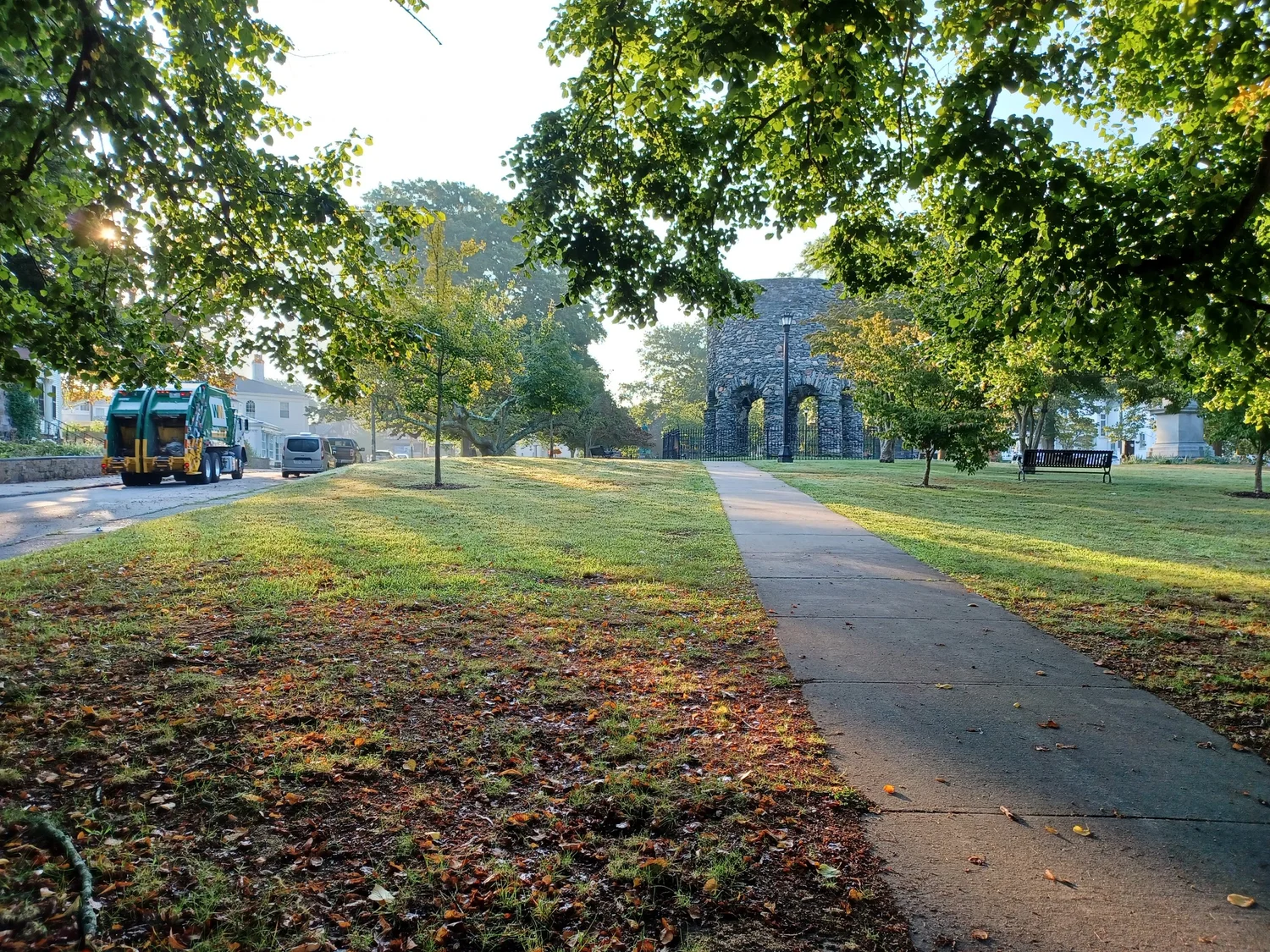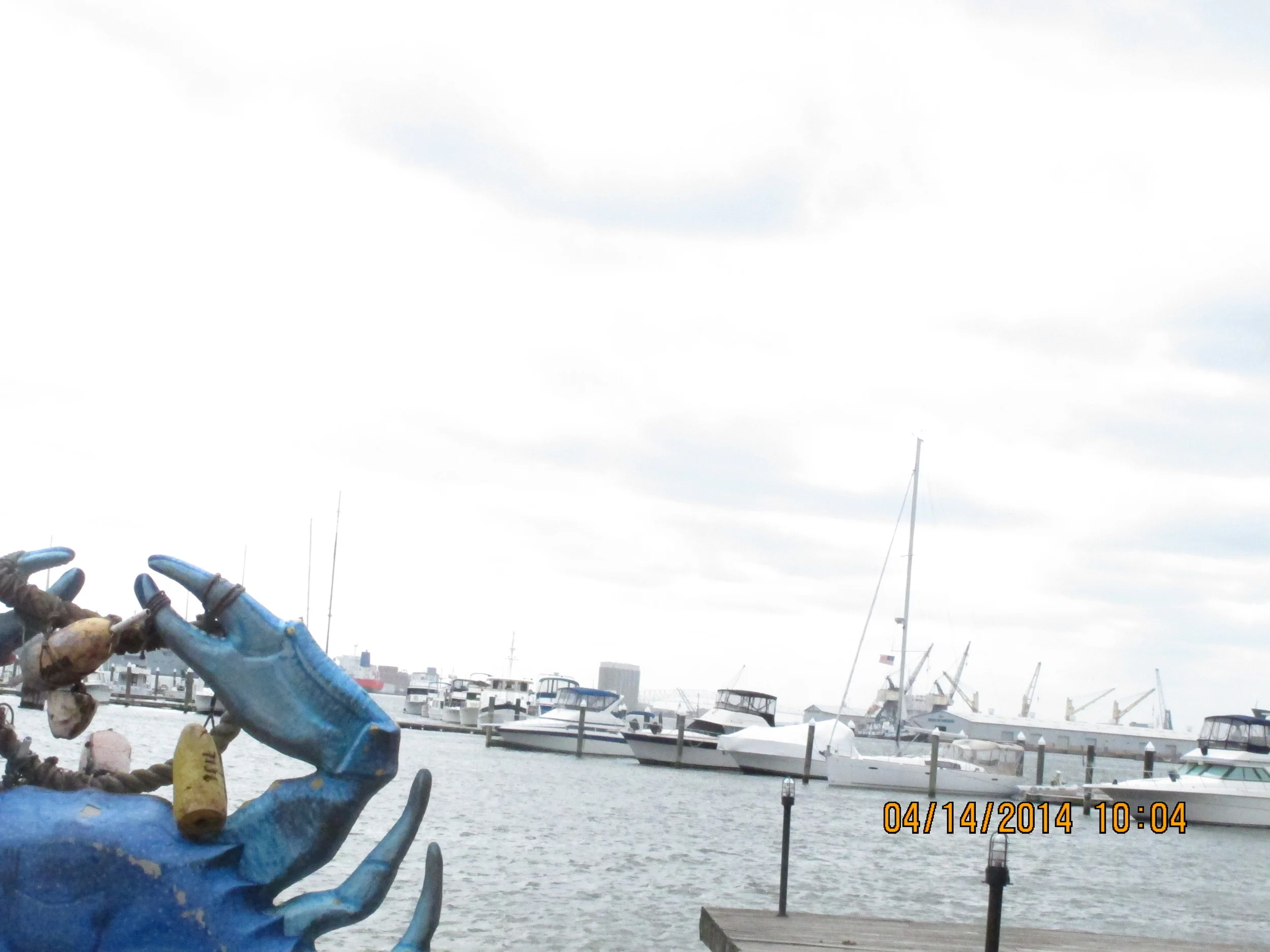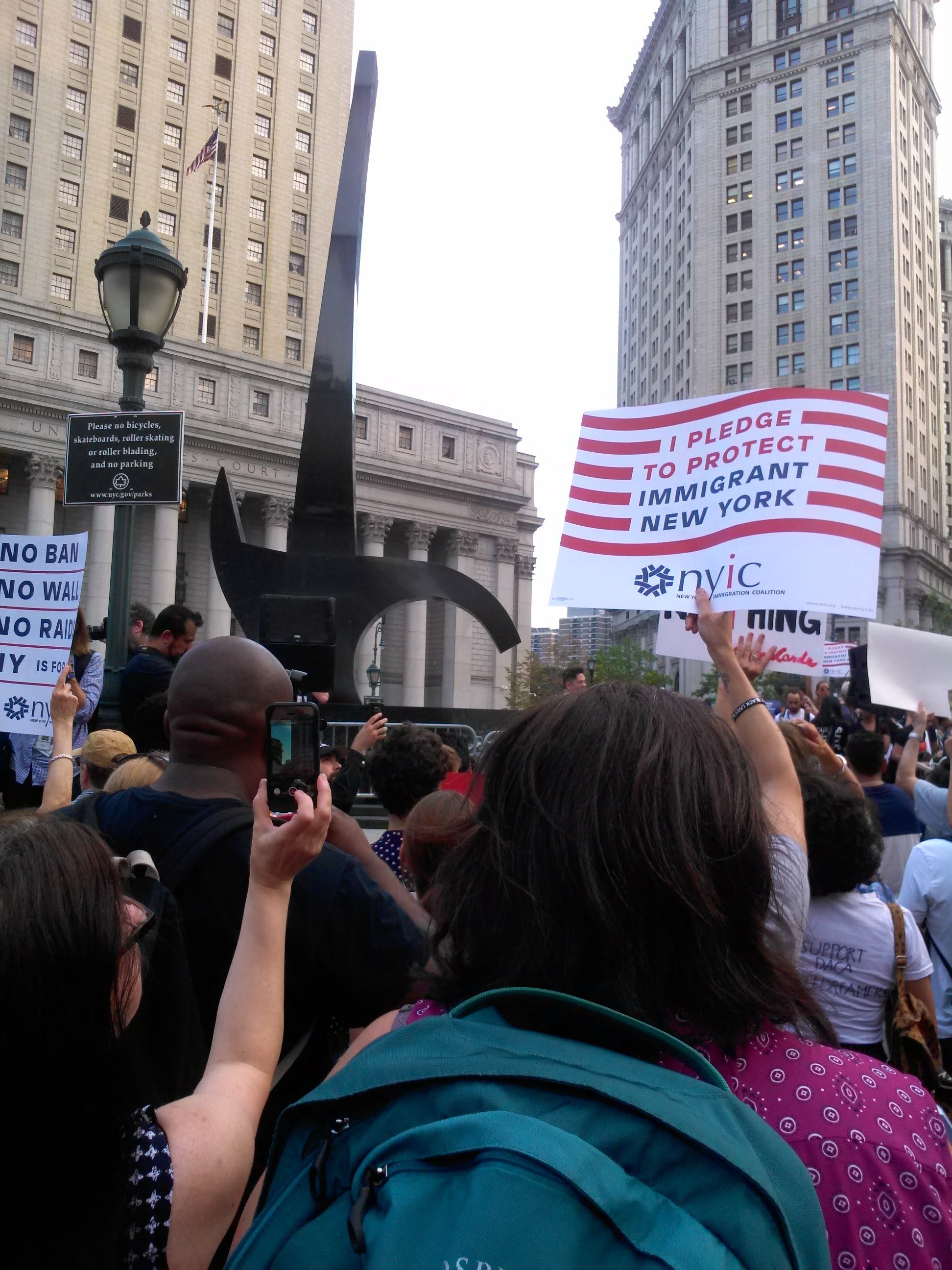Questioning Who Steers the Boat and Who Stands in It
/These days, it’s sometimes all you can do to blink into the real world. It’s hotter than you remember, people are suffering more than you can take in and the people who aren’t suffering seem often to be dropping our necks to gaze into our phones. Who’s going to steer us away from the gorge that keeps getting closer? A project I started years ago aims to understand the men Americans have entrusted with the presidency. I read biographies of every president, and along the way became active in state-level politics. It all taught me what climate stress and cascading crisis also teach: for stability and for robust decisions, we should treat all public officials less as celebrities and more as employees.
I’m shopping a proposal for a book that recounts my twin journeys as a newbie historian and an as-needed activist. This excerpt from the first chapter, I hope, delivers ideas about how you can join with your neighbors or with people experiencing need in your city to ask how sharply public officials are seeing and hearing the public’s needs and demands. Here goes:
”But on our way that morning, I kept my daughter and her best friend company on a whispery subway as they quizzed each other for an upcoming Spelling Bee. I peeked at the phone of the guy wrapped around the pole beside me: “Stayed up all night watching this debacle.” And my sleep-addled brain then said: “Debacle. D-E-B-A-C-L-E. Debacle.”
I was at that point reckoning with Ron Chernow’s six-pound Alexander Hamilton biography, which I thought would give context to the political strategists who created the presidency in the first place. I hung with it, between emailing old friends, classmates, and cousins with details about new civic groups, and taking up the practice of marching and chanting. Not to mention poster fabrication. The lime-green table centering our new family room, which we’d conceived as a place where our kids could make birthday cards without sitting on the floor, became home base for postcards, posters, and phone calls. When we crashed, my wife and I would sleep for a few minutes and then one would sit up. “But what about…?”
We joined marches nearly every weekend in the winter, and I stopped by rallies at senators’ offices and plazas during the week. At the protests, when people called out, “Not my president!” I thought, correct, but ours. As I was learning from Chernow, Adams ranked as few peoples’ preferred presidents, including Washington’s—but he was our president, and whatever happened on our national record happened through or in spite of him.
By February, my wife and I had helped co-found a local branch of Sister District, a nationwide nonprofit that marshals volunteers in deeply Democratic areas to support contenders in close state races. I ginned up a weekly newsletter called “Many Paths to Justice,” serving jiggers of courage and three actions to take to a mailing list of 150 or so friends, relations, and simpatico volunteers. We joked that marching and sign-making had become so routine that “protesting was the new laundry.”
Election Night 2017 found me in a white-box hotel in Boston’s seaport district for a business trip, drinking Scotch with cylindrical ice cubes. I’d driven to Delaware and PA to knock on doors and my whole family had called voters in Virginia. Would any of it be enough to stem the tide? Having finished the Hamilton and Washington books, I was pecking at the early pages of Thomas Piketty’s Capital in the Twenty-First Century and lifting my phone every other paragraph for news updates.
Our candidate, and the Democratic slate atop the ticket, won.
The next day I rode Amtrak home taking comfort in the truth that even the most despotic presidents confront a federal labyrinth. When sailing into state-guarded canals, locks, and culverts, in a yacht, a skiff, or a raft, they could all capsize. George Washington had known this and, with his battlefield halo firmly affixed, pedaled back from arbitrating the question of whether the states or the federal government claimed final authority.
On that train, I knew what Washington had known all along. No president can decree a whole interlocking system according to his specs. Nor can any president assume that public servants will reach some equilibrium free of opportuning and faction. Each president could only interpret the mess and try to steer it based on the successes and failures of what came before. And all their interlocking efforts created a path for the current plunderer-in-chief. How?”
Democracy hinges on the idea that people who share a place can start from a constellation of concerns and collectively appoint other people to take and see through hard decisions whose tradeoffs and investment optimize common values and overall well-being. Our democracy hitches a lot of that responsibility on the president - which flips a lot of the true responsibility back to the voters and the constellation of people representing them.
The water will stay choppy for the duration. The story of my biographical and political journey, which I hope to tell, shows the weight of knowing the quirks and weaknesses and attentiveness of the people with the cred to steer whatever boat carries us.



